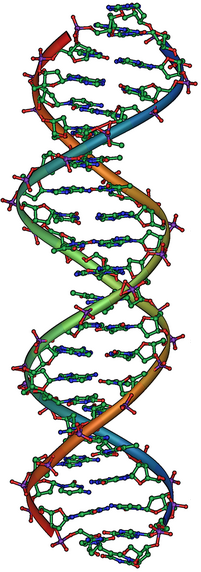
September 11, 2012, by Jonathan
Art and Science: the same thing?
“People with an interest in narrative tend to have a squiffy view of reality”. So says Ian McEwan, or rather, so says his character Professor Beard, the overweight Nobel Prize winner, intellectual has-been and compulsive womaniser of Solar. But for all Beard’s faults, there is something in his distrust of narrative imperialism, the tendency to regard science and its deliverances as just another story about the world. If science is a story—which I doubt—it is not just a story, for it makes predictions that are testable. People can talk all they want about bias and fraud in science but the fact is that what there is of either washes out in the fast-flowing river of retest, meta-analyses and the prestige that discovery of an error or a fake confers. History is surely a narrative discipline—it’s controversial to call it a science—but the stories that historians give us are not just stories; they are testable stories.
As far as I am able to see, McEwan does a reasonable job with the science in Solar, a story against the background of the global warming debate. One thing he avoids doing is creating some kind of narrative analogue of or metaphor for the science of his story—they are clearly separated. Michael Frayne tried this in his play Copenhagen, where the uncertainty of what happened between Heisenberg and Bohr during the Nazi push to create an atom bomb is supposed to reflect the uncertainty enshrined in Heisenberg’s scientific theorizing. For all Frayne’s narrative brilliance this seems to me to sit heavily on the story. Science and art are different, aren’t they? Why pretend otherwise?
Erica Wagner, Literary editor of the Times, seems not to think so. A couple of weeks ago she wrote:”Poetry or science—why make the distinction? What distinction is there?” It’s hard to know where to start with this, as hard as it would be if someone announced the sameness of ravens and writing desks. Sure, a few people (she mentions Leonardo) are both. Some people are tall and thin—no difference, then, between being tall and being thin? She says there was a time when people did not recognize the difference. Agreed. There was a time when people did not see the difference between astronomy and astrology. Are they the same also? She reports a visit to Jodrell Bank when she was able to lie in the bowl of the receiver and listen to “the thrum of pulsars as they sang though the instrument.” It sounds like fun; perhaps it is in some way inspiring. But it isn’t science.
No comments yet, fill out a comment to be the first

Leave a Reply